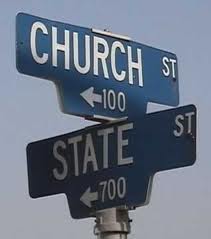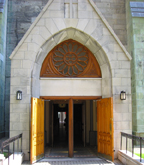 The first time I ever saw Andy Greeley’s name was on the cover of a book resting on my Irish-descended grandmother’s coffee table. It was not a work of sociology.
The first time I ever saw Andy Greeley’s name was on the cover of a book resting on my Irish-descended grandmother’s coffee table. It was not a work of sociology.
Two decades later, during graduate school at the University of Arizona, I encountered some of Andy’s sociological work, which Carol has nicely highlighted. I encountered Andy, too. (When I first mentioned meeting Andy to my mom, she smiled–Andy had been her graduation speaker at Mercy College some decades before. His influence spanned generations).
Despite his advanced years, and his “snowbird” identity of arriving in Arizona each year when the weather worked in his favor, Andy had a warm reputation inside the department. I occasionally heard rumors of weddings and baptisms he had done for students in past decades. This is no small thing, given that Andy’s sociology of religion had nearly as much verve aimed at the secularization theory of social scientists as that aimed at the tin-eared attitudes of Catholic bishops. I once saw Andy give a paper on Chicago’s ethnic tribes to our department’s weekly “brown bag,” a no-holds-barred forum for sociological work in progress. Andy was still on his game, and still held the audience’s interest, albeit using transparencies instead of the now-ubiquitous Powerpoint. Continue reading






